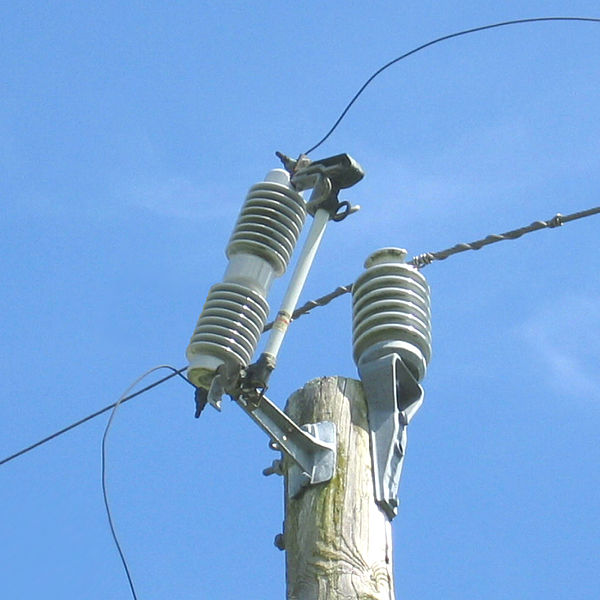No, it’s not always a room filled with wires and glowing blue lights. It’s probably not even the size of your furnace. The personal email server used by Hillary Rodham Clinton during her time as secretary of state was probably about the size of your office desktop computer and could have been tucked quietly in a corner somewhere.
She’s come a long way since 1997, when Clinton’s staff bought the then-first lady a copy of the book "E-Mail for Dummies."
Setting up your own email server is something only the geekiest of tech geeks do because of the serious hassles involved, including spending every waking hour fending off spam. Like brewing your own beer, it’s typically done just for fun — a way to challenge your smarts and fill the time. It also appeals to those who fear the government is sniffing around and could compel companies like Google or Yahoo to release customer data.
via 'Homebrew' email servers: Genius as well as sneaky? :: WRAL.com.

